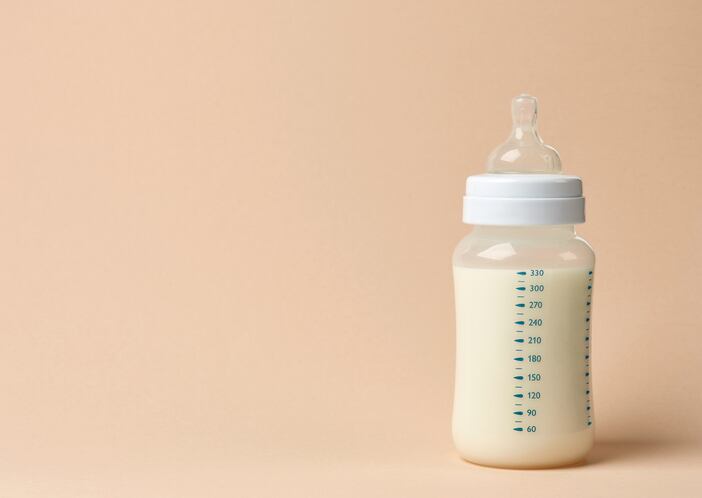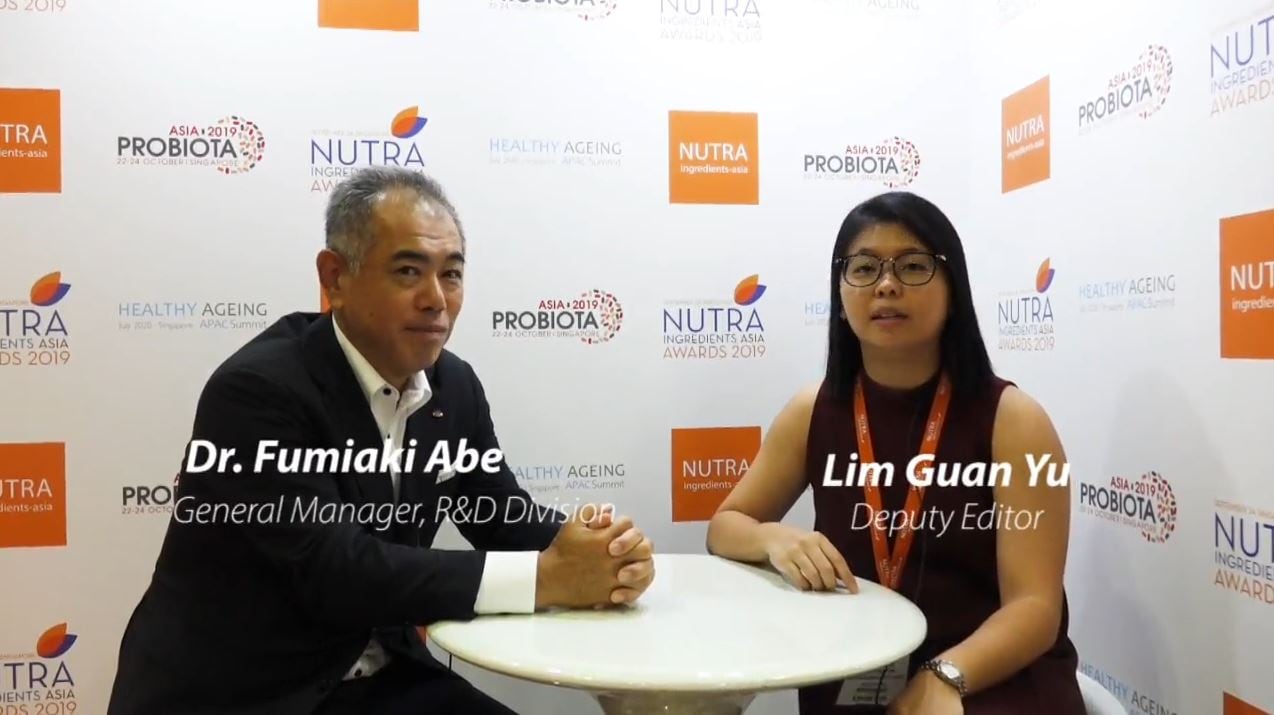This will reduce the protein content from 0.45 g/100 kJ to 0.38 g/100 Kj for only milk-based follow-on formulas in the two countries.
Currently, all follow-on formula products must have a protein content between 0.45 g/100 kJ and 1.3 g/100 kJ, based on the availability of L-amino acids.
NutraIngredients-Asia understands that Nestle had applied to reduce minimum protein requirement in all follow-on formula products, however, FSANZ had reported that other follow-on formulas such as soy-based were to retain the existing requirement of 0.45 g/100 kJ of protein, due to a lack of evidence.
Milk and soy are the most common sources of protein in follow-on formula in Australia and New Zealand.
Codex requirement
Follow-on formula is designed for older infants from 6 months to less than 12 months of age.
According to Codex, follow-up formula was defined as “a food intended for use as a liquid part of the weaning diet for the infant from the 6th month on and for young children.”
The Codex Standard specified a protein content between 0.7 g/100 kJ and no more than 1.3 g/100 kJ.
Nutritional safety
In the report, FSANZ had conducted a nutritional safety assessment report concluding that the lower minimum protein level of 0.38 g/100 kJ proposed was appropriate and safe.
In its assessment, it considered two randomised control trials, one examining growth trajectories and the other examining weight gain of infants fed lower protein formula (0.39 or 0.40 g/100 kJ) compared to those fed higher protein formula (0.51 or 0.65 g/100 kJ).
Infants ranged from three to 12 months in these studies, and only milk-based formula were tested.
No adverse effects were recorded on growth or weight gain in infants who consumed lower protein formulas.
However, there were no evidence to assess other protein sources such as soy.
FSANZ said soy protein had different digestibility and amino acid availability than dairy protein sources and hence soy-based follow-on formula must retain the current higher minimum protein amount of 0.45 g/100 kJ to ensure infants are obtaining adequate protein and amino acids.
FSANZ said this will align with the European regulation and Codex standard where soy-based follow-on formula also have higher minimum protein requirements, citing no adverse effect on international trade.
FSANZ also said that reducing the minimum protein in milk-based follow-on formula would not pose a risk to the nutrition of older infants.
Industry and consumer impact
The new code is expected to benefit Australian and New Zealand trade, and support business competitiveness and innovation, said FSANZ.
It also suggested that producers and importers would have a wider range of protein levels across different products, offering flexibility and efficiency gains for businesses, particularly for those already producing lower protein follow-on formula in the European Union
Consumers can also expect to have a greater choice of protein content in follow-on formula.
FSANZ, together with many other organisations, has encouraged that breastfeeding is the recommended way to feed infants, and that a safe and nutritious substitute is necessary when breastfeeding is not possible.
The amendments will take effect once published on FSANZ website.




